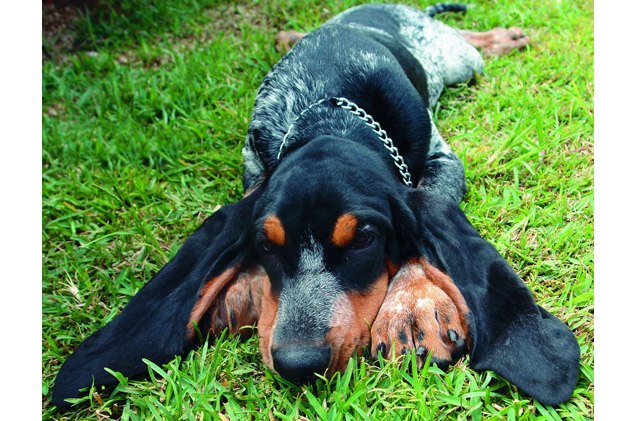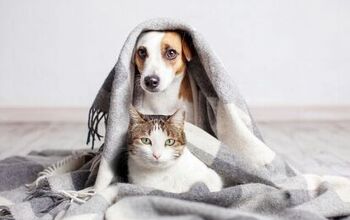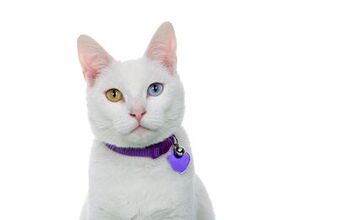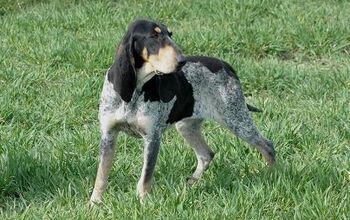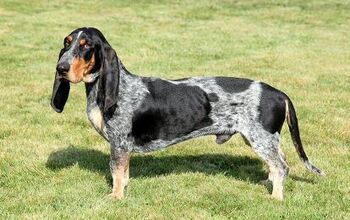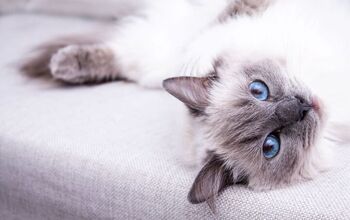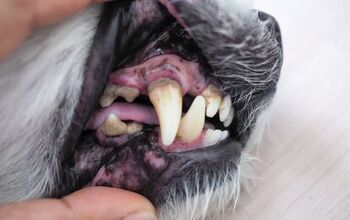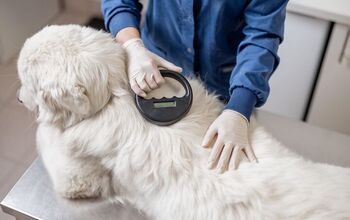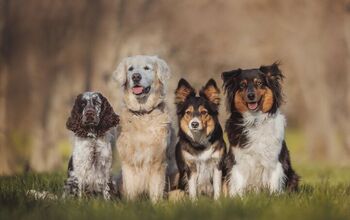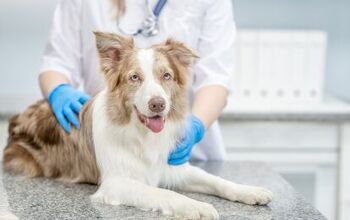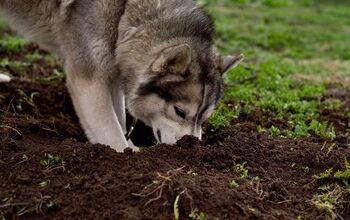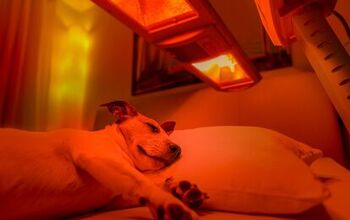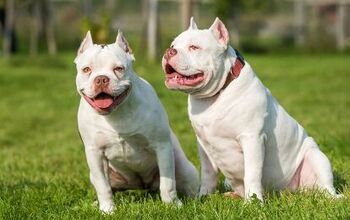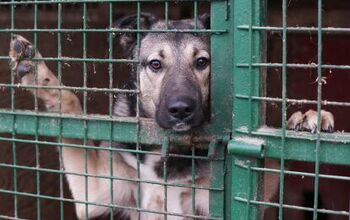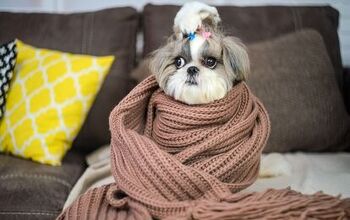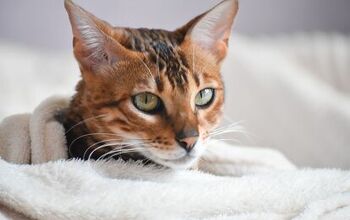Grande Bleu De Gascogne


About Grande Bleu De Gascogne
If you’re looking for a strong and dependable hunting breed, the Grande Bleu de Gascogne may just be the breed for you. Descended from a long line of French hounds, this breed is actually more common in the United States than in its homeland of France. While these dogs were originally bred to hunt large game and they continue to be used for hunting, they can do well as pets as long as they are kept by an experienced dog owner and the dog’s exercise needs are met.
The Grande Bleu de Gascogne is a strong and dependable hunting breed.
The Grande Bleu de Gascogne is a French hound of the Bleu de Gasgogne type. The breed is thought to have descended from dogs kept by Phoenician traders – breeds like the St. Hubert Hound and the English Southern Hound. During the 14th century, Comte de Foix kept a pack of these hounds and Henry IV of France kept a pack of his own during the 16th and early 17th century. In the United States, the Grande Bleu de Gascogne breed were first bred in the 18th century and there are currently more specimens of the breed in the U.S. than in France. The breed is renowned for its hunting skills and excellent focus as well as is deep, sonorous howl. Though originally used to hunt large game like wolves, deer, and boar, it is now primarily used to hunt hare.
The Grande Bleu de Gascogne was developed from the Bleu de Gasgogne type which is one of the oldest purebred dogs in the world, hailing from France.
As a large-breed dog, the Grande Bleu de Gascogne should be fed a high-quality dry food formulated for large-breed adult dogs. Because the breed was developed for hunting, he may do well on an active or working breed formula as long as you are careful about overfeeding to prevent obesity.
The Grande Bleu de Gascogne is a pack hound that generally responds well to training.
The Grande Bleu de Gascogne is a pack hound and an intelligent breed that generally responds well to training. When properly trained, this breed can be used to hunt large game as well as smaller game and it generally does well hunting with other dogs. The Grande Bleu de Gascogne can be affectionate with family, though he does best when one person handles the training and he is recommended only for experienced dog owners.
The Grande Bleu de Gascogne is a large dog, standing between 23 and 28 inches tall and weighing 80 to 110 pounds at maturity. Females of the breed tend to be a little smaller, standing 23.5 to 25.5 inches tall, but both breeds usually stay within the same weight range.
The Grande Bleu de Gascogne was developed as a hunting dog and it displays the typical pack hound temperament. These dogs get along well with other dogs, though they can sometimes exhibit dominant behavior, and they are generally affectionate and friendly with people. This breed is most commonly kept for hunting, so little is known about its temperament with children, but other breeds similar to the Grande Bleu de Gascogne are good with kids, so this breed may be as well. Though these dogs do get along with other dogs, they are likely to chase cats and other small pets. They also need plenty of training and socialization from an early age.
Generally speaking, the Grande Bleu de Gascogne is known to be a healthy breed with a lifespan of 12 years – this is fairly long for a breed of its size. Because it is such an old breed, it may have greater genetic diversity than newer breeds which may reduce the risk for inherited health problems. Some of the conditions to which the breed may be prone include hip dysplasia, elbow dysplasia, ear infections, allergies, and dental problems.
The average lifespan for the Grande Bleu de Gascogne is thought to be about 10 to 12 years which is fairly long for a breed of its size.
As a hunting breed, the Grande Bleu de Gascogne has high exercise requirements. Ideally, this dog needs at least two 30-minute walks at a brisk pace. These dogs also need plenty of room to run and play outdoors, in addition to regular training.
The Grande Bleu de Gascogne is generally affectionate and friendly with people.
The Grande Bleu de Gascogne is not currently recognized by the AKC but he is recognized by the FCI and the UKC. The FCI classifies him in Group 6 as a Scenthound and the UKC as a Scenthound. He is also recognized by the Kennel Club in the Hound Group.
The Grande Bleu de Gascogne has the typically French hound appearance with a large build, long ears, and wrinkled skin. The coat of this breed is almost completely mottled with black and white, giving it the appearance of having a blueish coat. Some dogs also exhibit black patches around the ears and cheeks. Many dogs have tan markings on the eyes, cheeks, ears, legs, and tail. The coat itself is short and smooth.
The average litter size for the Grande Bleu de Gascogne is 4 to 7 puppies. Because these dogs grow to over 100 pounds at maturity, it is important that you prevent your puppy from growing too quickly – excess growth may increase his risk for developing musculoskeletal problems as an adult. Feeding your puppy a large-breed puppy recipe is a great way to prevent overgrowth and you can switch to a large-breed adult formula when he reaches 80% of his maximum size.
Photo credit: pixshots/Shutterstock.com

Kate Barrington is the loving owner of two cats (Bagel and Munchkin) and a noisy herd of guinea pigs. Having grown up with golden retrievers, Kate has a great deal of experience with dogs but labels herself a lover of all pets. Having received a Bachelor's degree in English, Kate has combined her love for pets and her passion for writing to create her own freelance writing business, specializing in the pet niche.
More by Kate Barrington



